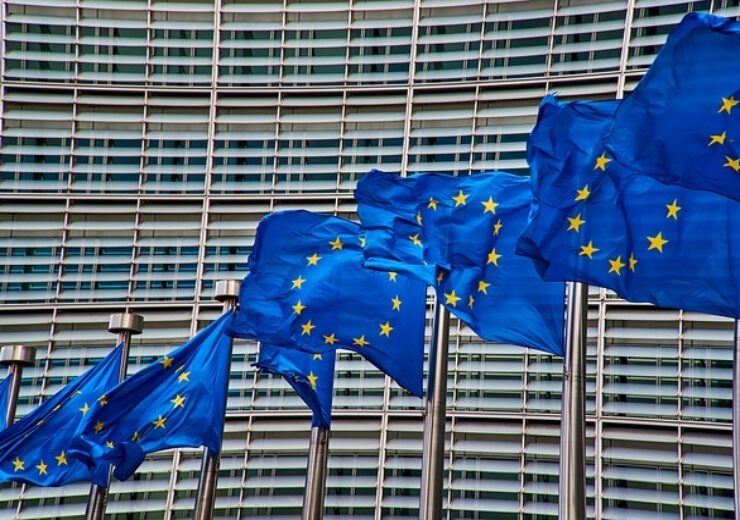EU aims to increase the region’s production of advanced semiconductors to 20% of world production

The Digital Compass outlines four digital ambitions to be accomplished by the EU. (Credit: NakNakNak from Pixabay)
The European Commission has proposed a Digital Compass that outlines a roadmap for the digital transformation of Europe by 2030.
The Digital Compass outlines four digital ambitions to be accomplished by the European Union by the end of this decade.
In addition, the Compass sets out a strong joint governance structure with the Member States. The governance structure will be based on a monitoring system that includes annual reporting in the form of traffic lights.
The four areas that are part of Digital Compass include digital skills for citizens; the digital transformation of businesses; secure and sustainable digital infrastructures; and digitalisation of public services.
The European Commissioner for Internal Market Thierry Breton said: “As a continent, Europe has to ensure that its citizens and businesses have access to a choice of state-of-the-art technologies that will make their life better, safer, and even greener – provided they also have the skills to use them.
“In the post-pandemic world, this is how we will shape together a resilient and digitally sovereign Europe. This is Europe’s Digital Decade.”
The EUʼs new digital ambitions include making at least 80% of all adults possess basic digital skills by 2030. The target also includes having 20 million employed Information and communications technology (ICT) specialists in the EU, with more women ready to take up such jobs.
The digital transformation goals are aimed to ensure that all EU households have gigabit connectivity and all populated areas are covered by 5G by 2030.
In addition, the EU targets to increase the region’s production of advanced semiconductors to 20% of world production.
To enable the digital transformation of businesses, the Digital Compass outlines three out of four companies to be using cloud computing services, big data and Artificial Intelligence (AI) by 2030.
As part of its digital targets for 2030, the EU also aims to make all key public services available online and provide all customers with access to their e-medical records.


